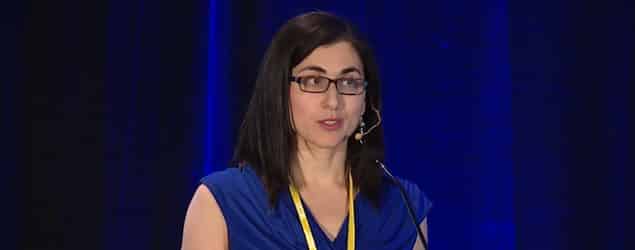ICYMI: Advice for Sniffing Out Unreliable News Sources

If you picked up a melon that smells rotten, would you bite into it? Nor would I. When it comes to our media diet, the same thing applies: if a news story smells funky, that’s a reason not to swallow it. But what does it take to sniff out unreliable news articles?
By way of answering that question, philosopher Ben Bayer has written a series of illuminating posts about developing a “critical nose for news.” Offering general advice and specific tips, Bayer suggests five questions to ask when scrutinizing a news article and devotes a post to each one:
1. What is the source of this story and what do I know about it?
2. How likely is the story to be true in the first place?
3. If this story were true, what else would be true?
4. Does the story represent its own facts honestly?
5. Why do I want to believe this story is true?
The final installment came out last week. I highly recommend the whole series, which begins with this introduction.
Bayer, who teaches philosophy at Loyola University New Orleans, studies questions about knowledge and free will. In November, he was among the speakers at ARI’s record-shattering student conference, #AynRandCon 2016, in Atlanta, Georgia.



